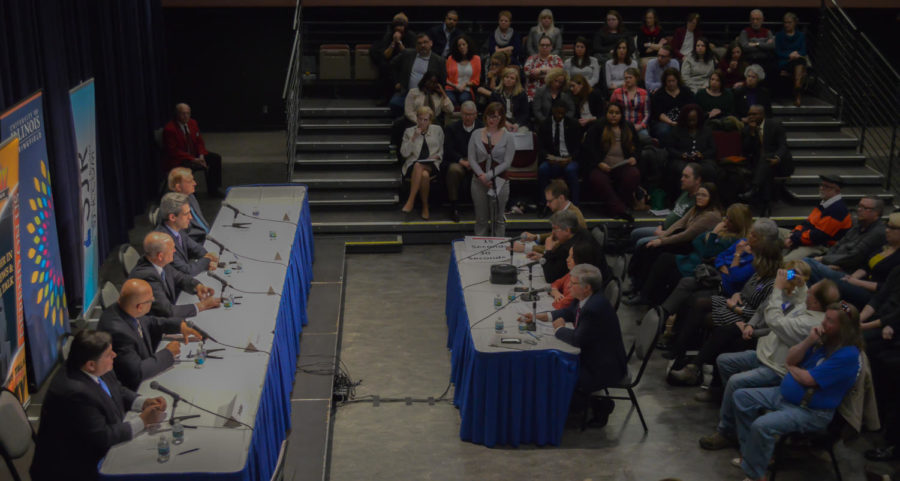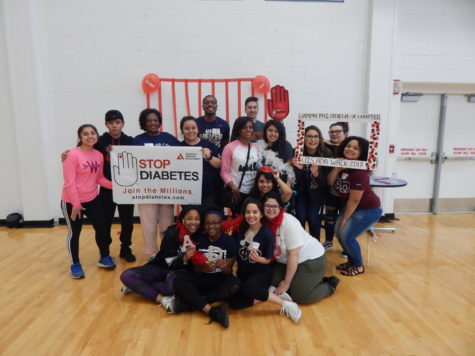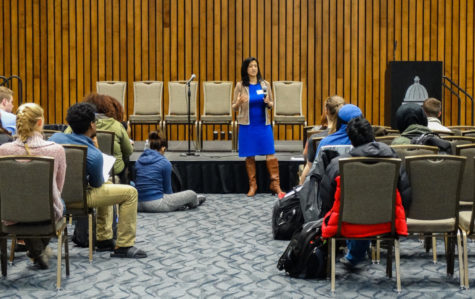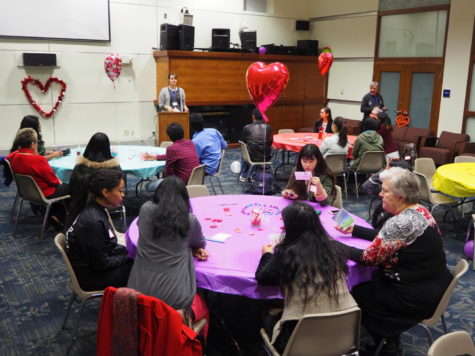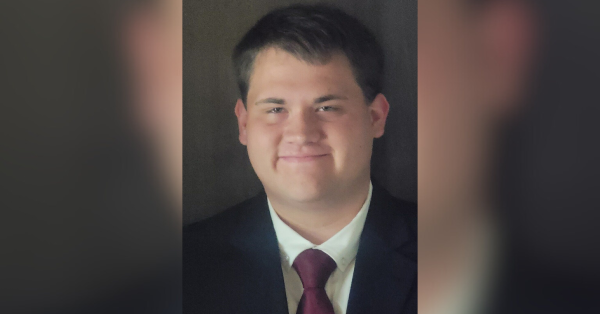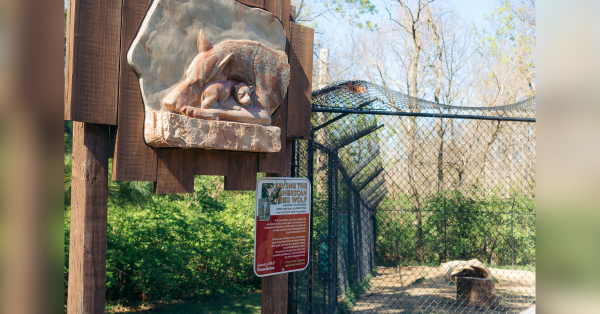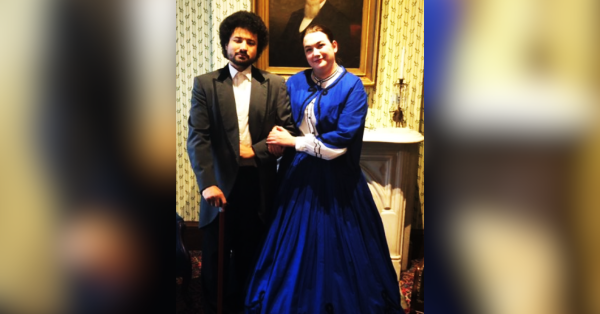UIS Hosts Democratic Gubernatorial Debate
UIS hosted five of the six democratic candidates for the Illinois governor’s race in the fall. This event was held at the Studio Theater on Feb. 21
The candidates included Senator Daniel Biss, Tio Hardiman, well known for his activism in Chicago, Bob Daiber, regional superintendent for Madison county schools, Doctor Robert Marshall III, who has previously run as a republican, and J.B. Pritzker, founder of the Pritzker Group Venture Capital. Chris Kennedy was supposed to attend, but did not due to a back injury at the advice of his doctor.
The candidates were questioned on a variety of issues. These included what actions they intended to take in order to curb gun violence in light of the recent shooting in Parkland, Florida, how they would work with President Trump, what they would do to improve the aging Illinois infrastructure and state facilities, potential changes they might make to the tax code and the minimum wage to help deal with the Illinois budget crisis, and others. As this is a debate for a primary, in many cases, the candidates, other than Marshall evinced different versions of the same view, with a few exceptions. A few notable cases for Daiber proposal of a 10.00 dollar minimum wage rather than the 15.00 dollar proposals of the other candidates, his proposal of expanding community care programs and writing single payer healthcare off as a political impossibility, and his refusal to attack Speaker of the Illinois House, Michael Madigan. Hardiman put a heavy emphasis on HB453, implementing the Financial Transactions Tax Act, along with low-level legalization and taxation of marijuana to provide funding for state programs. Marshall deviated from the norm established by his fellow candidates in most of his answers, stating that he did not intend to change gun laws, increase the minimum wage, or make major changes to the state’s healthcare system. Rather, he centered most of his answers around a proposal to separate Illinois into three different states, though he did not specify where exactly the stateliness would be drawn or how he would get such a plan through Congress at the federal level.
One of the ongoing themes of the night was the conflict between Pritzker and Biss. Pritzker got the first strike in, hitting Biss for his vote for a controversial pension reform bill that created large scale cuts to state pensions. “I don’t think that’s good for the middle class,” Pritzker said, claiming that the bill, which was later declared unconstitutional by the Illinois Supreme Court, “took pensions away from 450,000 workers across the state, including teachers and nurses.” Biss took the hit, calling the vote a mistake, that he “fell for a false choice on what this problem was,” and that he “learned that lesson.” He threw a counter, claiming that at the time he made the mistake, Pritzker was donating money to a “right wing” organization that was lobbying for the bill. Such tit-for-tat skirmishes were common place during the debate, with one particular spat regarding the connections to Michael Madigan leading Daiber to denounce it as “political nonsense.”
The next democratic gubernatorial debate will occur in Chicago on March 2.



